“At auditions and college visits, when I tell people that I’ve already composed three operas, they think I’m a graduate student. I tell them ‘No, I’m about to be a freshman!’ And they can’t believe it.””
Rooted in tradition while looking to the future, Music Department students receive mastery level training in four stylistic areas: classical, jazz, experimental, and commercial music. Music Department students grow into versatile, adventurous, and collaborative artists under the guidance of first-class professional musicians in the artistically rich city of Chicago. With this holistic and practical approach to music education, students are prepared to join the music industry as it exists today and to create the music landscape of the future.
Music Department Classes
Private Lessons: The focus of the Music Department curriculum is private instruction with Academy Faculty. Each student receives two private lessons per week. Our outstanding faculty members are all renowned professional musicians who prepare music department students for recitals, competitions, juries, and auditions.
Ensembles: In the Music Department, ensemble study encompasses a range of genres and styles. Each student participates in at least two ensembles that rehearse twice per week. These ensembles are coached by academy faculty members who prepare the students for concerts, festivals, competitions, and auditions.
Academy Ensembles
Chamber Ensemble
Jazz Combo
Electronic Ensemble
New Music Ensemble
Classical Vocal Workshop
Vocal Jazz Ensemble
Pop/Rock Ensemble
Studio Class: Studio Class is another central aspect of the department. Students perform repertoire from private lessons & ensembles in Studio Class and receive feedback from faculty, guests, and fellow students. Studio class takes place weekly and includes the entire Music Department population.
Musicianship: Musicianship is the non-performance course required of all Music Department Students. The four levels of this course explore Music Theory, Piano Skills, Ear Training, Composition, and Music History. This curriculum is unique to the Academy experience and includes a universal exploration of non-Western, popular, folk, jazz, and classical music genres. In Musicianship, we ask and seek to answer these questions: Why does music exist? Why is it a necessary part of the human experience? Where do we fit in the evolution of music and how can we use our music to contribute to society? At The Academy, we know music is a powerful force; Musicianship is a key component of the curriculum as we seek to unlock and master this force.
Recording Arts and Commercial Music Program: The RACM program serves as an introduction to the basics of audio hardware and signal paths in tandem with the use of Digital Audio Workstations. The course will focus on the production of music, radio spots, programming of MIDI melodies, and song creation and recreation. In doing this, the students will develop and gain engineering and music production skills in recording, mixing, editing, arranging, and composition. This will be accomplished in harmony with a fundamental understanding and a historical perspective of the architecture of music concepts such as scales, keys, chords, melody, rhythm, meter, song form, musical textures, re-mixing loops, and tempo maps, which will be covered in this class.
Read more about our Recording Arts and Commercial Music Program here.
Music Department Performances
On-Campus Student Concerts: Our In-House Concert Series features four, department-wide student performances each year. The Music Department strives to produce engaging and unique concerts, many of which break from the traditional concert format. We frequently include classical, jazz, experimental, and commercial music performances on the same programs. Each year, at least one department-wide concert focuses on historically suppressed and excluded composers or artists. The final department-wide concert, Without Genre, showcases student-created, collaborative works. Additional performances, such as studio recitals, ensemble concerts, Opera performances, or jam sessions, may be scheduled throughout the year as well.
Off-Campus Student Concerts: In the culturally rich city of Chicago, Academy Music Department students have the opportunity to perform off-campus in historically revered venues such as the Jazz Showcase, Museum of Contemporary Art Chicago, Epiphany Center for the Arts, Ganz Hall at Roosevelt University, the Fulton Street Collective, The Botanical Gardens, and The Center on Halsted. Students may also be selected to perform professionally for corporate or private events. In addition, Music Department students participate in festivals and clinics including the ILMEA district festival, the University of Illinois’ Chicago Jazz Festival, and the Arts Schools Network Annual Conference.
Senior Recitals: Each senior performs a Senior Recital as part of the Music Department graduation requirements. This performance showcases the skills and repertoire they have developed through private lessons, classes, and ensemble study. The recital serves as a senior project.
More about the Music Department
The Music Department prepares students with different musical backgrounds for successful college-level music study and professional careers. The music audition is comprised of solo performance, sightreading, and a departmental interview.
In this behind-the-scenes look, Music Department Chair Rachel Brown shares how The Academy's Music and Theatre Departments worked together to bring this exciting production to the stage.
Karen Szczech, a dedicated violinist and first-generation American, graduated from the Academy's Music Department in 2017. Together with her sister Kasia, an alum from 2013, Karen co-founded Magical Keys, a versatile musical organization that includes performances, education, and community engagement.
Check out alum Akenya Seymour (Music ‘10) in the Chicago Reader’s podcast, The Sit Down, hosted by Shawnee Dez.
See Justin Tranter on NBC Chicago’s new series “It’s OK to Ask Questions”.
Hear from Academy seniors!
Photos from the Music Department at Fulton Street Collective
Check out the new songwriting class from hit songwriter and Academy alum Justin Tranter.
Pictures and video from the Music Department Opening Night Concert!
A small army of faculty began a two-day, 400-mile caravan, stopping at each senior’s home to hand-deliver diplomas and personally applaud each graduate. Congratulations to the Class of 2020!
Head of School Jason Patera is livestreaming discussions about important jazz albums every Thursday.
Pictures from the 2019 Alumni Party, updates of Alumni Grants, the 2020 Alumni Challenge, and Showcase Honoring Margy Stover
Join the Music Department for their Winter Classical Showcase!
Check out alum Akenya Seymour (Music ‘10) in the Chicago Reader’s podcast, The Sit Down, hosted by Shawnee Dez.
See Justin Tranter on NBC Chicago’s new series “It’s OK to Ask Questions”.
Senior musician Micah Collier in Chicago Tribune’s Daily Southtown
Music Department teacher Jesse Langen in the St. Cloud Times.

Academy seniors Declan Beyer and Matthew Jazwinski, and Academy alum Adam Chlebek (Music '19) record Robert Glasper tune "Yes I'm Country (And That's OK) in the Justin Tranter Recording Studio.

Adam, Declan, Joseph, and Matthew perform Robert Glasper's "Yes I'm Country (And That's OK)" at the 2019 Showcase!

“Prelude in G minor, Op. 23, No. 5”
Music by Sergei Rachmaninoff
Performed by Adam Chlebek

The Meghan Krueger Quintet at the Jazz Showcase on December 10th! Featuring Meghan Krueger, vocals; Preston Perez, saxophone; Micah Collier, bass; Korgan Robb, drums; and Adam Chlebek, piano.

Academy Classical Piano Instructor Rick Ferguson gives some technical tips for warming up on the instrument.


Part 1 of the video series "Adam Learns Chopin" featuring Academy piano instructor Rick Ferguson and Academy senior Adam Chlebek. Each installment will show more progress on the Ballade in F major!

The Village Vanguard from The Academy Music Department, featuring Korgan Robb on drums, Nolan Marchi, guitar; Adam Chlebek, piano; Micah Collier, bass; and Joseph Dockery, guitar. The combo performed "King Henry."


From the February 2017 Classical Recital.

Mallory Pargulski performs "Concertino in Eb Major" during the Music Department's Classical Recital.


Academy Senior Julia Borelli performs at the Music Department's Classical Recital in April 2016.


Composed by Joseph Dockery, Mariclare O’Shea, and Ilana Weisbach.

Chicago Academy for the Arts New Music Ensemble creates an installation for the Ear Taxi Festival, looking at Chicago from the perspective of Italo Calvino's "Invisible Cities." October 7th, 1:40PM at Curtiss Hall, Fine Arts Building, 410 S. Michigan Ave, Chicago 60605.

FACULTY
Chair - Music
Rachel Brown is a Chicago-based chamber musician, soloist, orchestral performer, educator, and arts administrator. Formerly with the Civic Orchestra of Chicago, she is now Associate Principal Second Violin of the South Bend Symphony Orchestra and performs with the Illinois, Rockford, and Fort Wayne Symphony Orchestras, as well as the American Music Festivals Orchestra. Rachel also instructs classical violin, viola, and musicianship.
New Music Ensemble Director, Pop/Rock Ensemble Director, Classical Guitar Instructor
Jesse Langen is a guitarist who specializes in new music. He works with living composers regularly and premieres dozens of pieces every season. Equally comfortable on classical and electric guitar, he seeks to push both the technical boundaries and the conceptual functions of the instrument. He has taught at The Academy since 2002.
Director of Jazz Combos, Jazz Saxophone Instructor
Saxophonist and composer Gregory Dudzienski, now a key member of Chicago's music community, has seen his original music featured in venues such as The Elastic Arts Foundation, Cafe Mustache, and The Green Mill. His work has also been showcased at the AS200 in Providence, the International Saxophone Symposium in Virginia, and the Salerno Jazz Festival in Italy.
Director of Recording Arts and Commercial Music
For the past six years, Jack has led an impressive career in the audio industry. Before joining the faculty at The Chicago Academy for the Arts, Jack was involved in numerous recording, live sound, and televised productions during which he worked alongside local stars, national touring acts, and seasoned music legends.
Vocal Jazz Ensemble Co-Director, Jazz Voice Instructor
Callandra (Cal) Youngleson is a South African jazz vocalist, composer and educator. She has performed internationally collaborating with some of South Africa and America's greatest jazz musicians.
Classical Harp Instructor
Nichole’s love for the harp and her stellar performances have made her one of the most highly sought-after harpists in Chicago and northern Illinois. She specializes in performing for special celebrations, helping to create a soundscape that enhances the moment, creating a moment in time that will be remembered forever.
Drum Set Instructor
Jonah Lazarus, a multi-instrumentalist, composer, and educator from Oak Park, IL, grew up improvising music with his brothers in a family of Jewish artists and educators. At Macalester College, he studied Ghanaian and African music under Sowah Mensah. In Salvador, Brazil, he collaborated with Iuri Passos, Bira Santos, Letieres Leite, and Beto Martins. Now in Chicago, Jonah teaches and creates music with his family band, Family Junket.
Classical Vocal Workshop Director, Classical Voice Instructor
Alyssa Bennett is the Classical Vocal Workshop Director and a Classical Voice Instructor at The Academy.
Vocal Jazz Ensemble Co-Director, Jazz Piano Instructor
Chicago-based pianist & educator Nicholas Olynciw is a rising voice in jazz music. Winner of the Jacksonville Jazz Piano Competition and the American Jazz Piano Competition Bösendorfer Prize, Nicholas earned his undergraduate degree from the University of North Texas where he was a member of the Grammy-nominated One O'clock Lab Band.
Jazz Bass Instructor
A Decatur, IL native, Christopher Nolte received degrees in music from Millikin University and the University of Illinois at Urbana-Champaign, where he studied with Jeff Grubbs, Larry Gray, Chip Stephens, Chip McNeil, and Jim Pugh.
Classical Saxophone Instructor
An acclaimed saxophonist, he has played with numerous ensembles, including the Milwaukee Symphony, Madison Symphony, Fulcrum Point New Music Ensemble, Camerata Chicago, Civic Orchestra of Chicago, and others.
The Justin Tranter Recording Studio
Musicianship is the non-performance course required of all Music Department Students. There are four levels for this course that explores Music Theory, Piano Skills, Ear Training, Composition, and Music History. This curriculum is unique to the Academy experience and includes a universal exploration of non-Western, popular, folk, and Classical music genres. In Musicianship, we ask and seek to answer these questions: Why does music exist? Why is it a necessary part of the human experience? Where do we fit in the evolution of music, and how can we use our music to contribute to society? At The Academy, we know music is a powerful force; Musicianship is a key component of the curriculum as we seek to unlock and master this force.
Year 1 of Musicianship is the freshman year course. This course explores notation from a historical perspective. Students study the historical evolution of note heads, solfege, staffs, and time signatures while uncovering the Medieval and Renaissance periods. Piano skills and ear training reinforce these topics, and composition projects give students hands-on experience.
Year 2 of Musicianship is the sophomore year course. This course focuses on jazz. Starting with the traditional music of West Africa and Latin America, students learn the roots of jazz. Jazz harmony and improvisation are emphasized allowing students a firm groundwork for participation in jazz combos and Jazz Vocal Workshop. Piano skills and ear training reinforce these topics, and composition projects give students hands-on experience.
Year 3 of Musicianship is the combined junior and senior year course. This course explores traditional music from around the globe, seeing how these indigenous styles link to western art and jazz genres. Students will explore the traditional music of Latin America, India, and Indonesia as well as Salsa, Contemporary Classical Music, Serialism, and Impressionism. Piano skills and ear training reinforce these topics, and composition projects give students hands-on experience. Year 4 of Musicianship is the combined Junior and Senior year course. This course explores Music of Revolutions. Students will see how the French Revolution impacted the operas of Mozart, how modern Hip-Hop and Musical Theater was influenced by the American Revolution, how the Russian Revolutions censored the works of Soviet composers, and how music was used as a powerful tool during the Civil Rights Movement. Piano skills and ear training reinforce these topics, and composition projects give students hands-on experience.
This course offers a hands-on application of a variety of composition techniques using notation software. This is an elective course that can be taken once a student has passed Theory/Ear Training I.
Jazz Combo is a performance ensemble designed to use standard repertoire from the jazz tradition to practice concepts related to improvisation, with a focus on developing individual musicianship through a small group setting. Students build a repertoire of standard songs while working on group balance, jazz theory concepts, melodic and harmonic performance practices, and improvisation. Students are placed in ensembles based on auditions.
The Jazz Vocal Workshop is an intimate study of the art of a jazz vocalist focusing on learning jazz standards, improvising, transcribing, arranging, and performing in a unique style. Students will graduate from this course with a deep understanding of the history of jazz voice, with the ability to perform with a jazz band, and with the preparedness to audition for a vocal jazz program at the collegiate level. Upon graduating from the Jazz Vocal Workshop, each student will have: 1) a book of jazz standards in his/her key, as performance-ready charts using Sibelius, along with select lyric sheets (the student must know the composers’ names, along with the origin of the song, if possible); 2) the ability to improvise over the chord changes of a swing tune, a bossa nova and the blues; 3) the ability to perform a selection of songs from his/her book with a rhythm section, acting as a bandleader, completing a jazz set during his/her Senior Recital; 4) a notebook listing the selection of jazz vocalists, composers and recordings studied in the class, including arrangement and performance ideas they acquired, along with historical notes from class presentations and lectures.
Studio meets once a week, during which time students perform for their peers and faculty in a masterclass setting. Pieces are workshopped and critiqued with the aim of discussing rehearsal, practice and performance techniques with the entire department.
Classical Vocal Workshop is a course designed to explore and implement the tools, resources, and practices of the modern classical vocalist. In this class voice majors study topics such as foreign language diction and enunciation, vocal health and pedagogy, performance practice, the history of opera and oratorio, and the history of art song. Students also prepare and perform vocal solos, small ensemble pieces, class ensemble choral pieces, opera scenes, and a yearly classical vocal recital with themes which have included French, German, Spanish, and English art song.
This course serves as an introduction to the basics of audio hardware and signal paths in tandem with the use of Digital Audio Workstations. The course will focus on the production of music, radio spots, programing of MIDI melodies and song creation and recreation. In doing this the students will develop and gain engineering and music production skills in recording, mixing, editing, arranging, and composition. This will be accomplished via a fundamental understanding and a historical perspective of the architecture of music concepts such as scales, keys, chords, melody, rhythm, meter, song form, music notation, and musical textures, re-mixing loops and tempo maps, which will be covered in this class.
This program serves as an introduction to the basics of audio hardware and signal paths in tandem with the use of Digital Audio Workstations. The course will focus on the production of music, radio spots, programing of MIDI melodies and song creation and recreation. In doing this the students will develop and gain engineering and music production skills in recording, mixing, editing, arranging, and composition. This will be accomplished via a fundamental understanding and a historical perspective of the architecture of music concepts such as scales, keys, chords, melody, rhythm, meter, song form, music notation, and musical textures, re-mixing loops and tempo maps, which will be covered in this class.
This course covers the use of microphones and recording workstations to create professional quality studio & live music recordings. In this class you’ll practice placing microphones, learn how to run recording sessions, record traditional acoustical instruments, practice editing & mixing recordings, and learn how to deliver final audio files for clients. Through hands-on recording practice, students will dive into the different types of microphones, stereo recording techniques, and learn other crucial studio audio engineering skills.
Advanced Digital Production covers the ins & outs of music production, arrangement, MIDI editing, synthesis, sound design and more in this advanced survey of all things digital music production. Using Ableton live, you’ll learn to compose, arrange, and produce hit songs and complex musical ideas using a computer and easily obtainable music software. In this course you’ll learn skills that will enable you to create professional level songs, beats, and tracks using any average bedroom music production computer or setup.
*Course titles reflect transcripts for the 2017-2018 freshman class.



















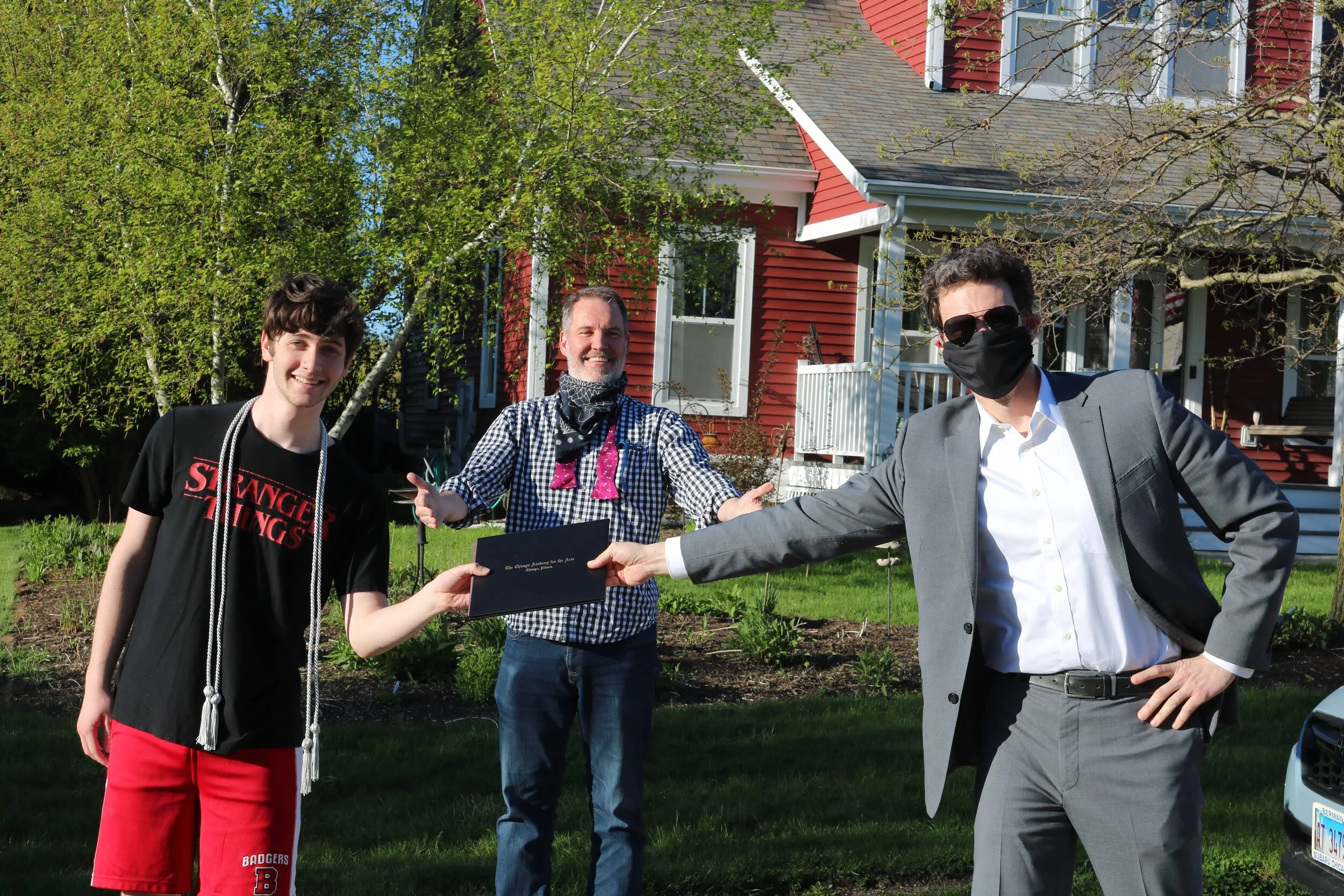


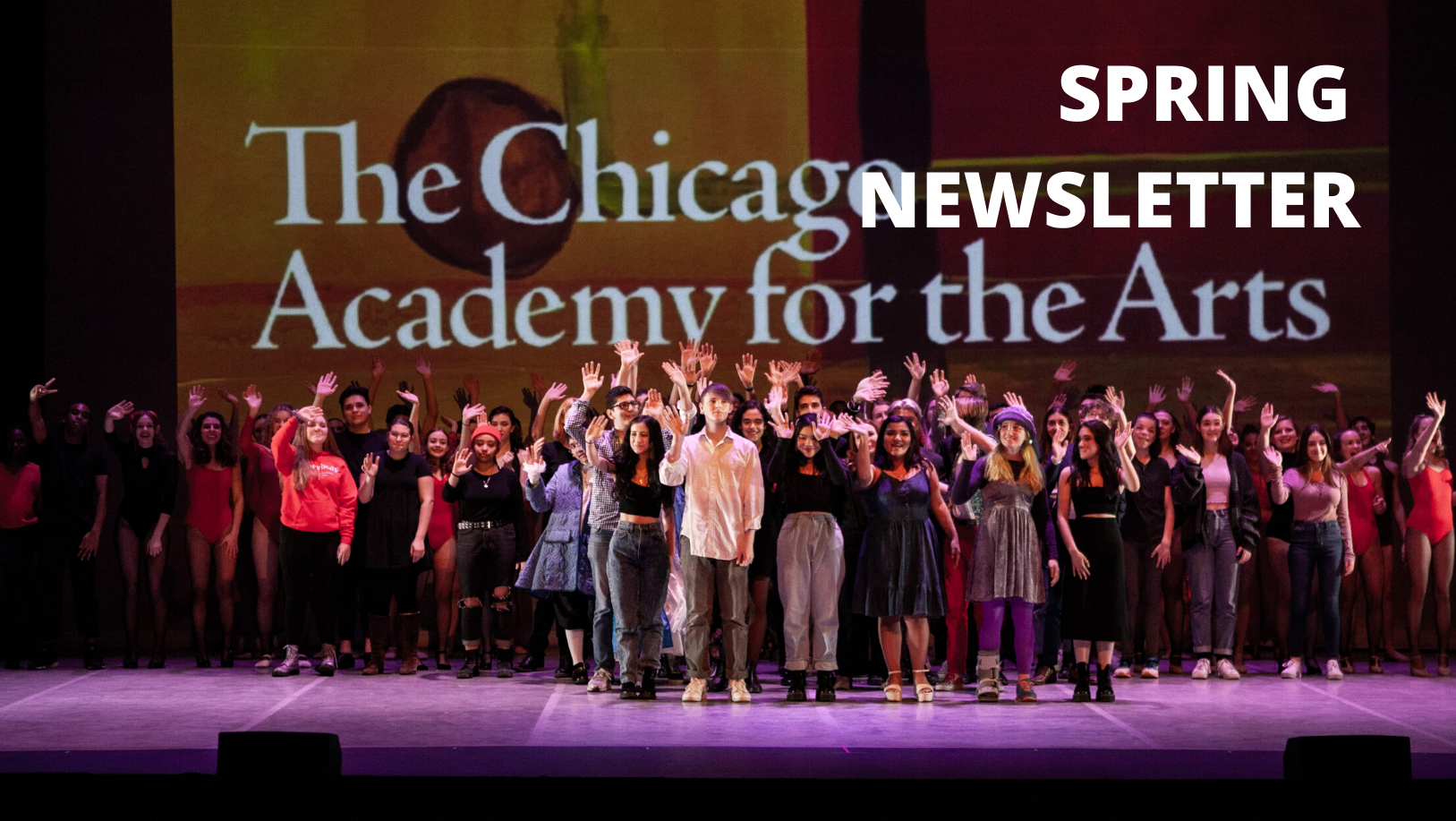

































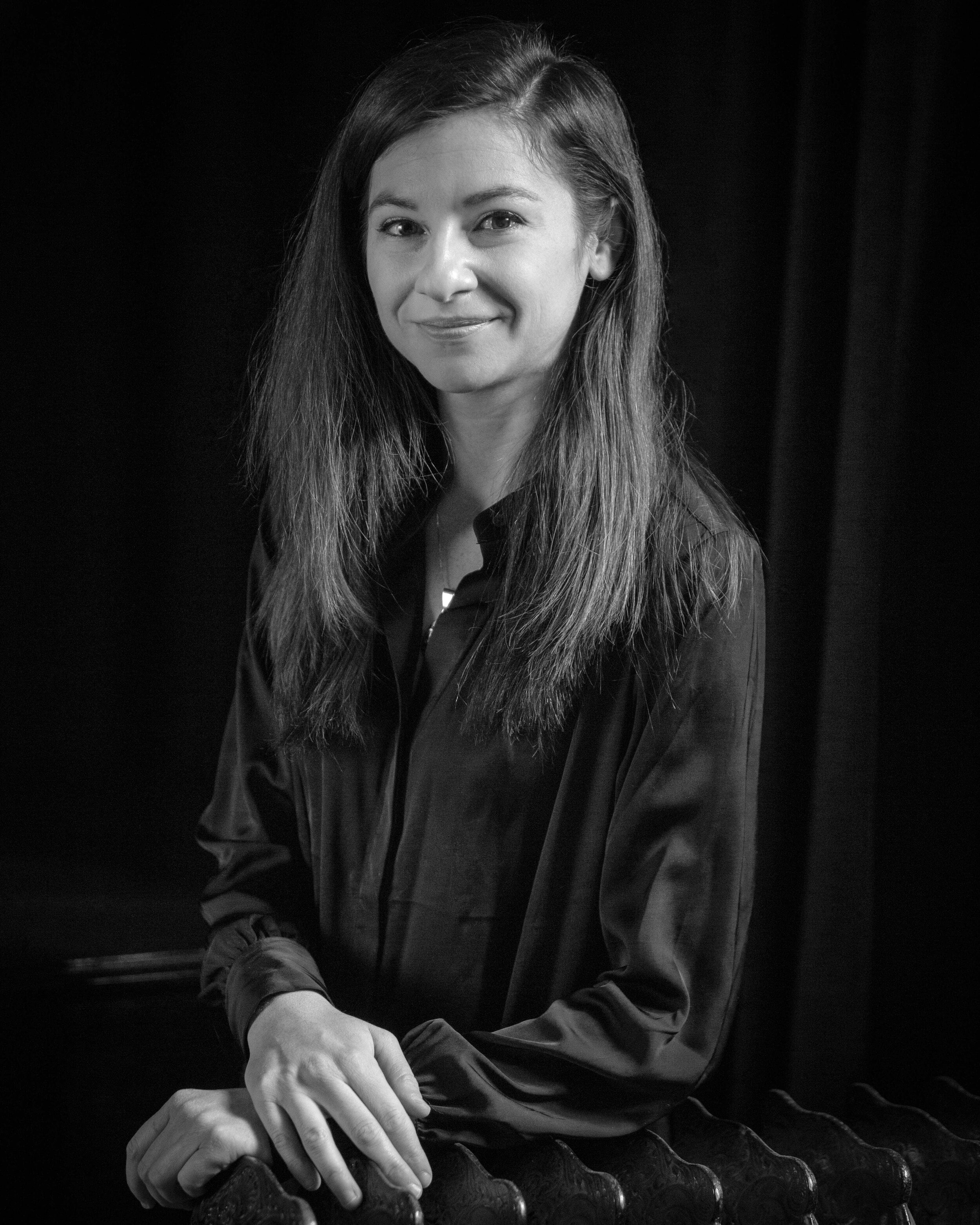
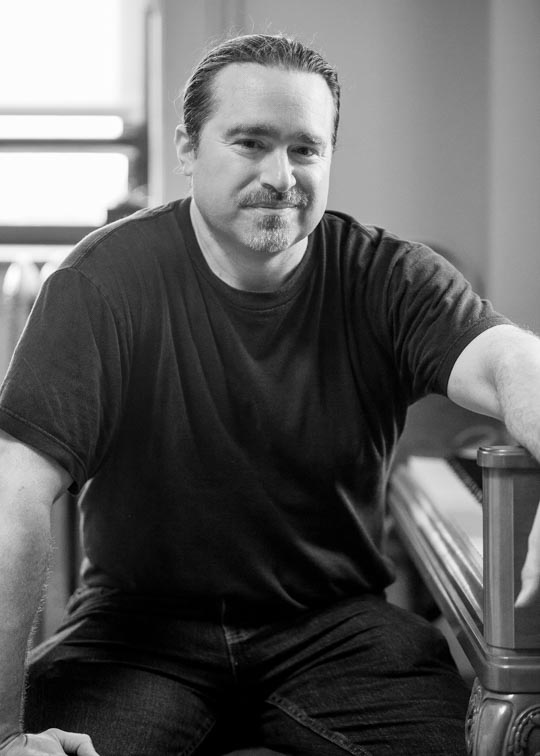
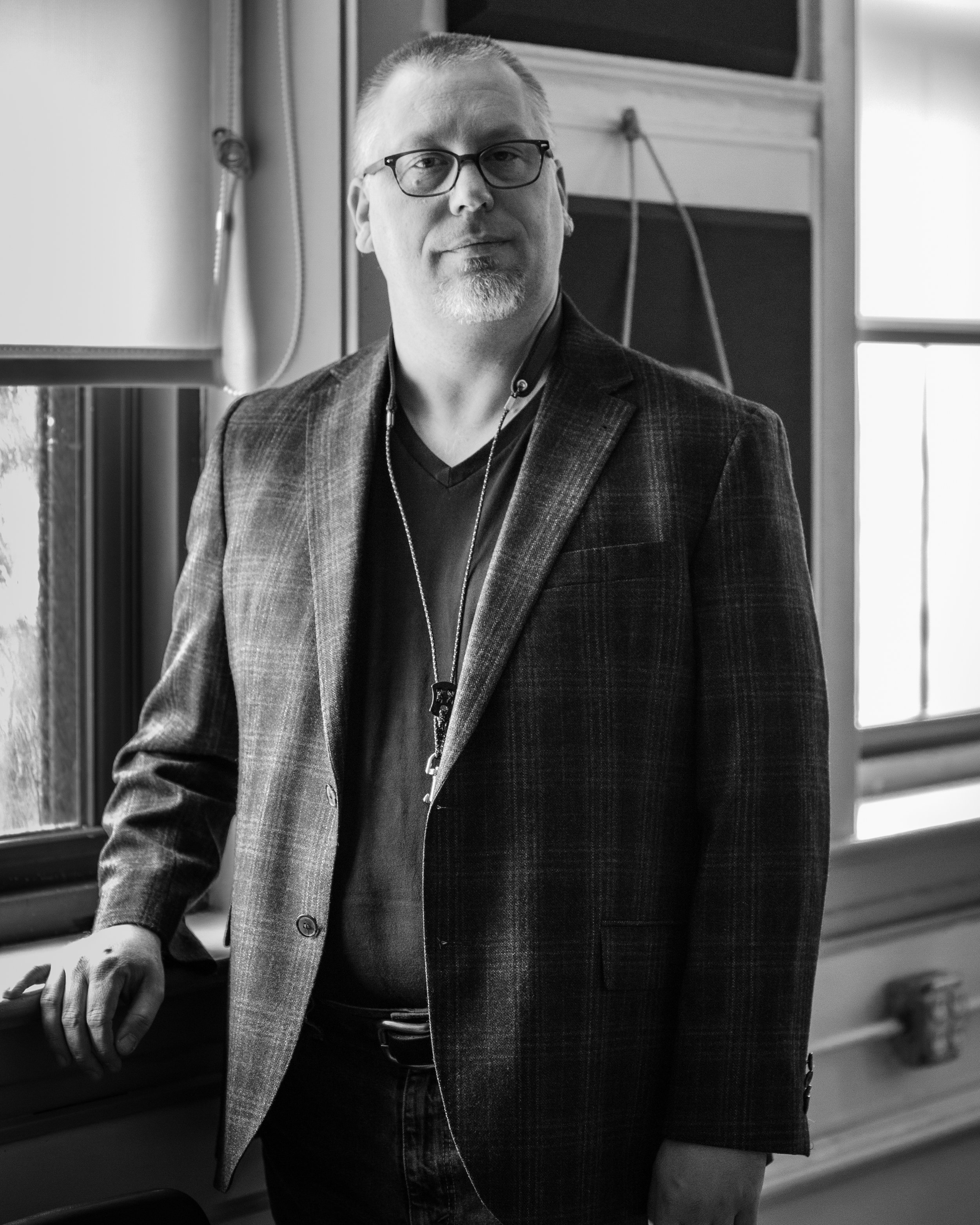
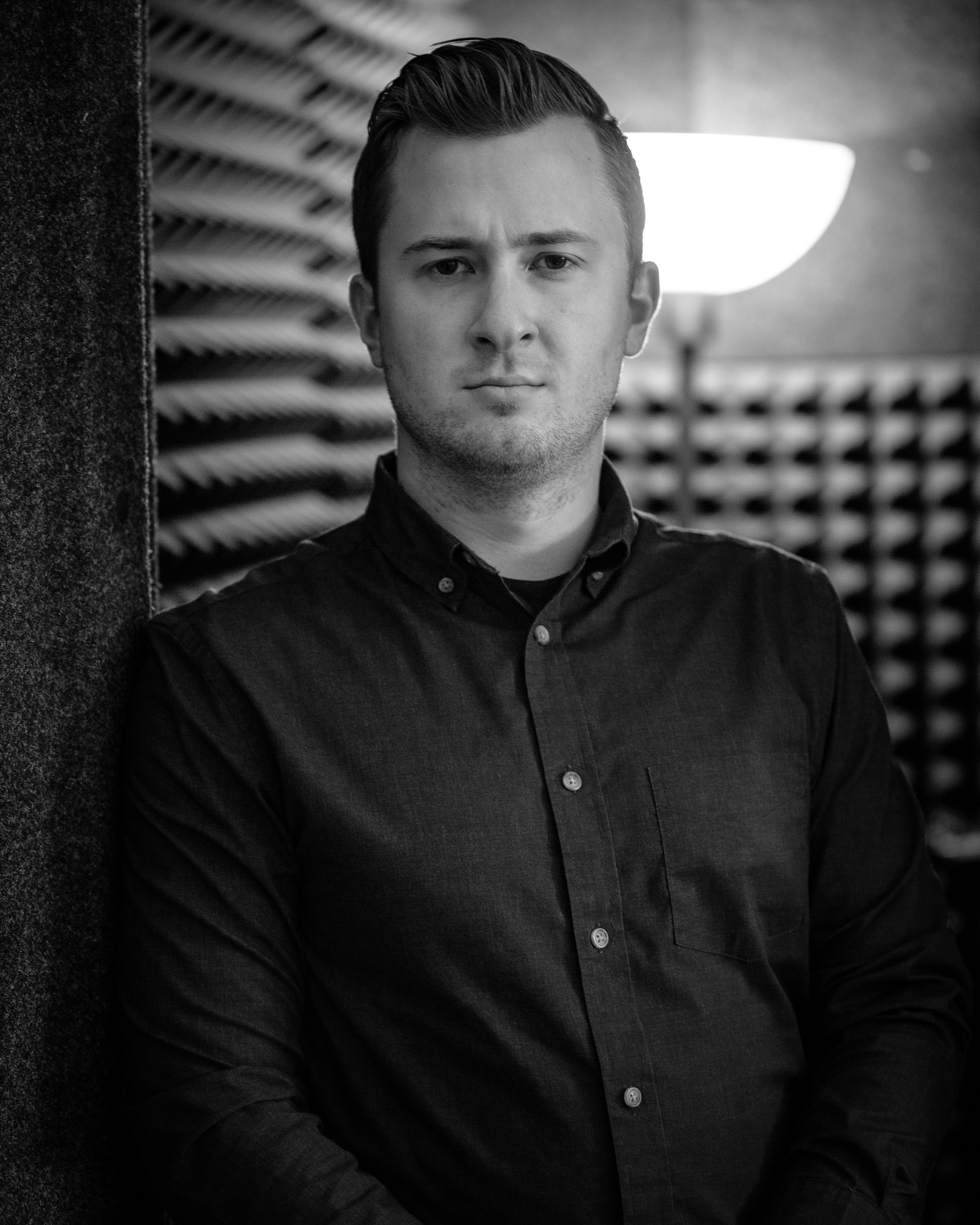

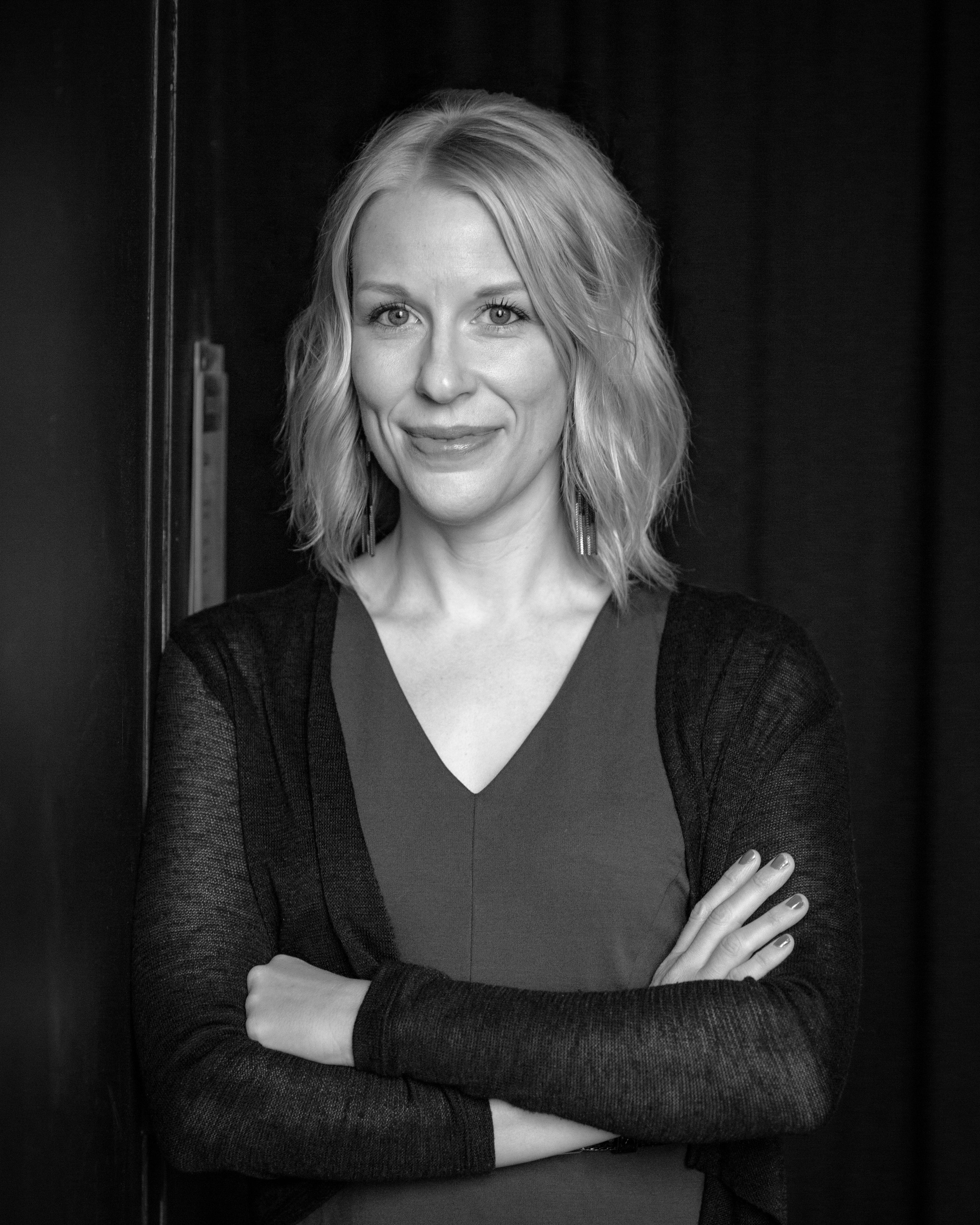



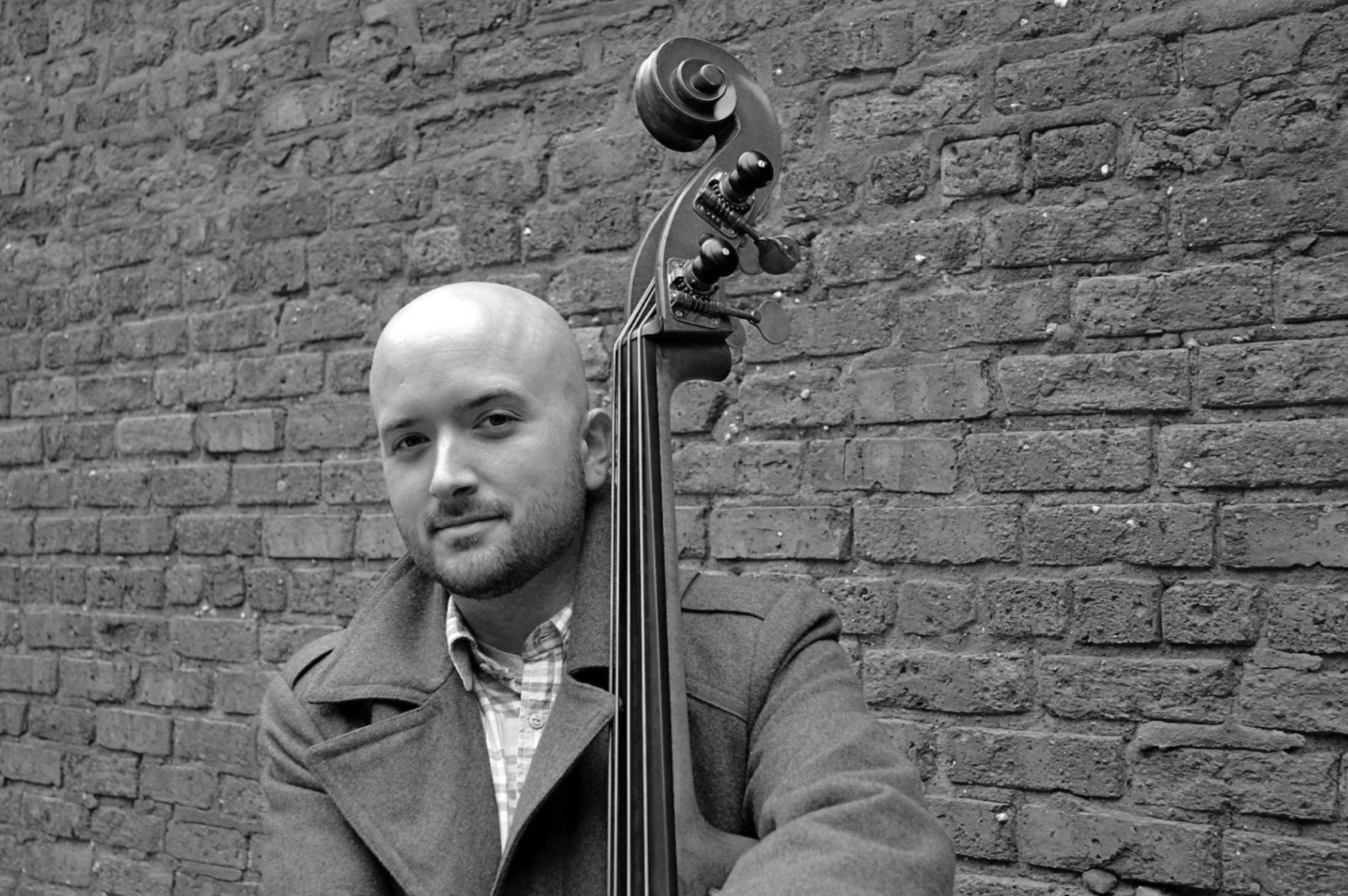
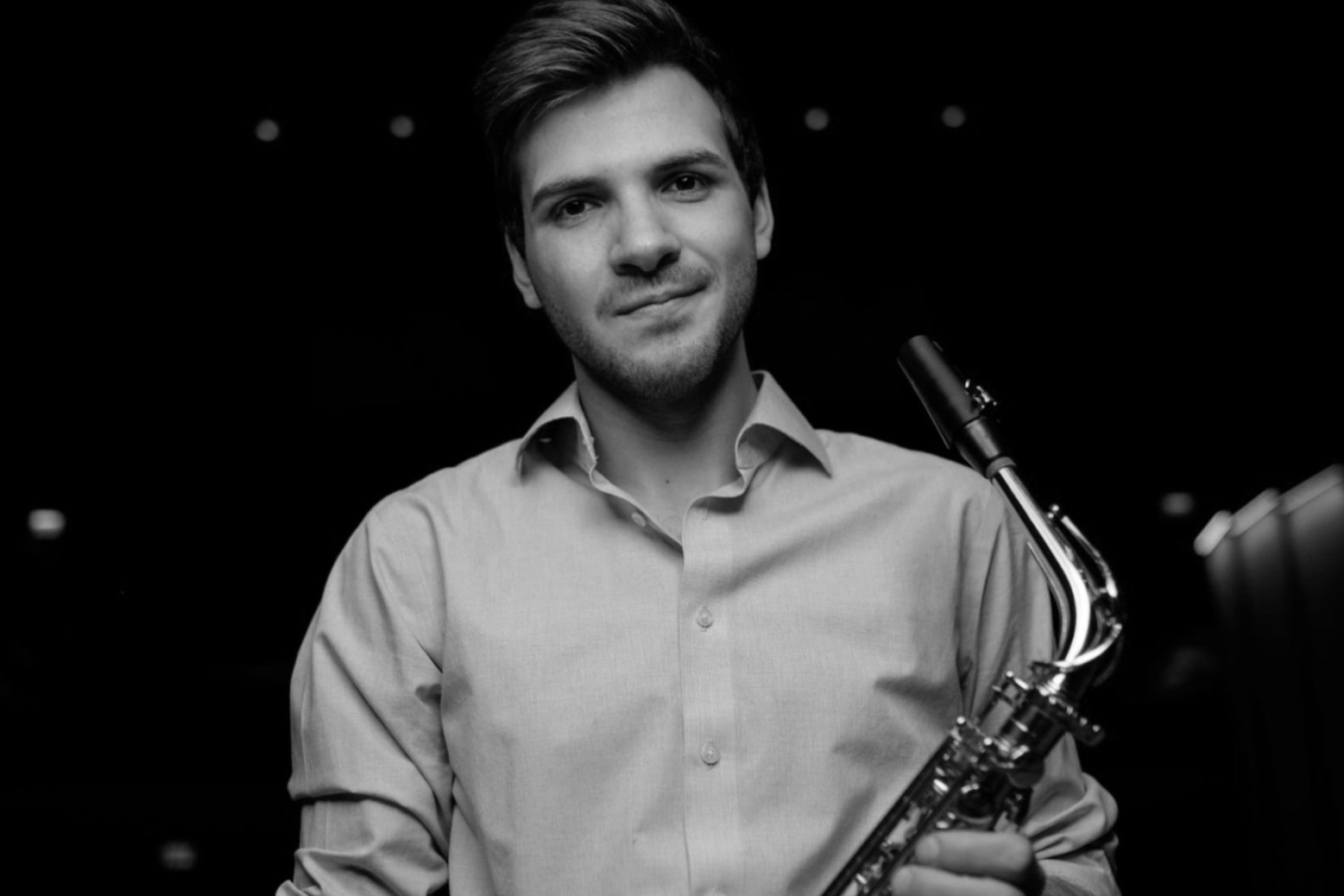
Chamber performance ensemble focuses on developing individual musicianship through a small group setting. Students will work on specific repertoire with an ensemble coach while developing note reading skills, intonation, rhythm, articulation, dynamics, and balance. Ensembles will study individual and group practice and rehearsal techniques, interpretive and stylistic decisions as an ensemble, and performance skills.